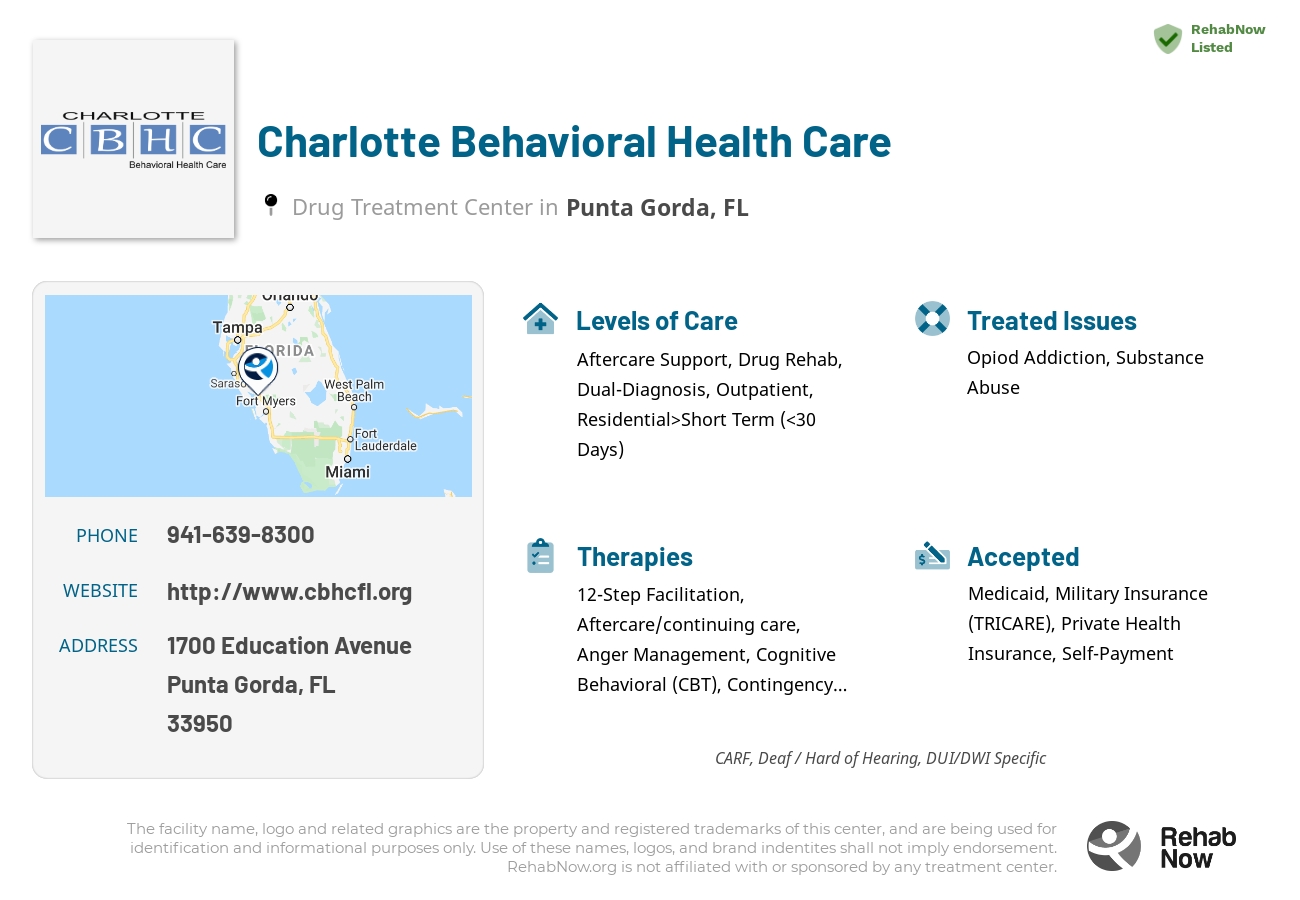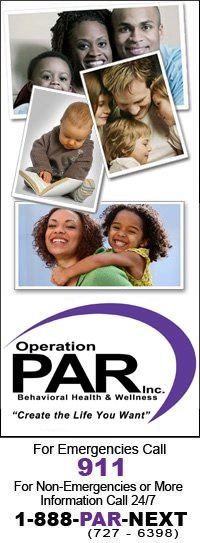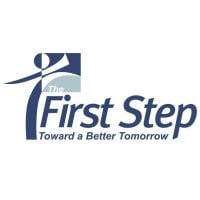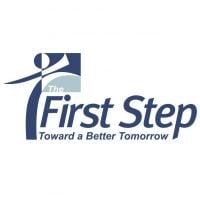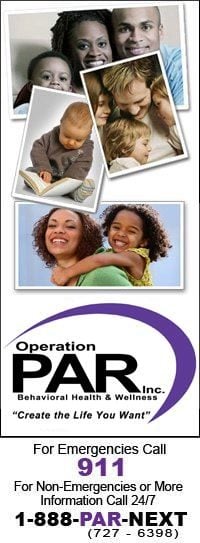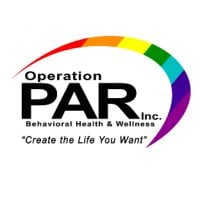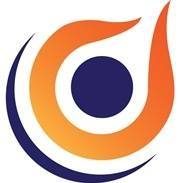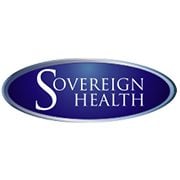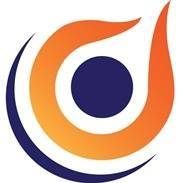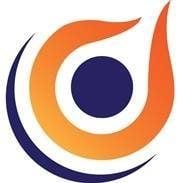Charlotte Behavioral Health Care
Drug Rehab Center in Punta Gorda, Florida
Charlotte Behavioral Health Care is a well-established and accredited addiction treatment facility located in Punta Gorda, FL; providing comprehensive services such as residential levels of care, drug rehab programs, aftercare support, detoxification options, and private insurance acceptance to help individuals struggling with substance abuse and mental health conditions obtain sobriety and lead a healthy life.
About This Punta Gorda, FL Facility
Charlotte Behavioral Health Care, located in Punta Gorda, FL, is dedicated to providing quality, compassionate, and expert care for mental health and addiction treatment. This facility offers a comprehensive range of services in a supportive setting.
Originally established in 1968, Charlotte Behavioral Health Care has evolved to meet the diverse needs of the community, now employing over 200 professionals, including psychiatrists, counselors, psychologists, and nursing staff.
Accredited by the prestigious Commission on Accreditation of Rehabilitation Facilities (CARF), this facility adheres to the highest standards of quality and professionalism. Treatment options include aftercare support, drug rehab, dual-diagnosis treatment, outpatient services, detoxification, and residential levels of care.
- Personalized treatment plans tailored to individual needs
- Evidence-based therapies for effective recovery
- Comprehensive support services for long-term success
- Experienced and compassionate staff dedicated to patient well-being
Charlotte Behavioral Health Care specializes in treating opioid addiction, substance abuse, dual diagnosis, drug addiction, alcoholism, and mental health disorders. The facility provides a safe and supportive environment for individuals seeking to overcome their struggles with addiction and co-occurring mental health issues.
For those battling opioid addiction or alcoholism, Charlotte Behavioral Health Care offers a comprehensive approach to recovery. Through a combination of detoxification, counseling, and aftercare support, individuals can regain control of their lives and achieve lasting sobriety.
Genders
Ages
Modality
Additional
Accreditations

CARF
The Commission on Accreditation of Rehabilitation Facilities (CARF) is a non-profit organization that specifically accredits rehab organizations. Founded in 1966, CARF's, mission is to help service providers like rehab facilities maintain high standards of care.
Conditions and Issues Treated
Substance abuse is the excessive use of any type of drug. This includes alcohol, medications and illegal drugs. Substance abuse is treated with a combination of physical and mental treatments. Charlotte Behavioral Health Care patients detox and follow up with therapies that target the underlying cause of the addiction.
Opioid addiction is one of Florida‘s most prominent forms of addiction. Drugs, including heroin, oxycontin, and fentanyl, are the most common. To relieve pain, or ease other ailments, they are professionally prescribed, but they are often abused because they and the feelings they give are addictive.
Addiction is treated by detoxifying the body, so the medications’ chemicals are no longer impacting the individual. Charlotte Behavioral Health Care offers therapies to correct behavior and target the root of the problem are supplemented during and throughout treatment.
Levels of Care Offered
This center offers a variety of custom treatment tailored to individual recovery. Currently available are Aftercare Support, Detox, Drug Rehab, Dual-Diagnosis, Outpatient, Residential, with additional therapies available as listed below.
Detoxification is the mainstay of drug addiction treatment. Recovery from drug addiction requires regular medical monitoring, temporary medication use, and other techniques.
If you or someone you know has a substance abuse problem in Punta Gorda provide various methods for drug and alcohol rehabilitation.
In outpatient programs at Charlotte Behavioral Health Care, the Punta Gorda resident can live with their family while continuing with their job or studies. Treatment includes educating the patient on drug abuse, medications, and counseling sessions at the individual or group level.
Residential treatment programs are those that offer housing and meals in addition to substance abuse treatment. Rehab facilities that offer residential treatment allow patients to focus solely on recovery, in an environment totally separate from their lives. Some rehab centers specialize in short-term residential treatment (a few days to a week or two), while others solely provide treatment on a long-term basis (several weeks to months). Some offer both, and tailor treatment to the patient’s individual requirements.
Aftercare support refers to the follow-up care provided after the initial rehab program. The quality of aftercare support plays an important role in preventing relapses and sustains recovery. Aftercare support at Charlotte Behavioral Health Care is personalized according to the needs of the patient in Florida.
Charlotte Behavioral Health Care‘s Therapies & Programs
Substance abuse does a number on an individual’s relationship with other people, particularly in marriage. Spousal relationships bear the brunt of alcohol and drug dependence. Therefore, it becomes critical to submit the relationship to couples therapy to prevent straining it further. Most programs only zero in on the individual with substance addiction without factoring in the importance of the other half’s emotional support.
However, some facilities, like Charlotte Behavioral Health Care in Punta Gorda, Florida, offer couples therapy options to manage intimate partnerships amid the recovery process. Other couples-focused treatment plans can provide the patient and their partner tools to get things back to normal, support each other, and the patient’s sobriety.Group Therapy is a type of counseling that occurs between a bunch of strangers. These groups are suitable for patients who are not confined in a treatment facility, but group sessions are also common in inpatient rehab programs. Group therapy is led by a trained individual at Charlotte Behavioral Health Care in Punta Gorda, FL and consists of members from different stages of recovery.
The goal of group therapy sessions is to foster hope and a sense of belonging, share information, and learn coping mechanisms. It also helps to have people who can relate to what you’re going through. Good behaviors can also be contagious, and participants can learn from one another.
Unresolved trauma is often a key reason why many patients resorted to substance abuse. Trauma could be physical abuse, sexual abuse, war, natural disasters, divorce, accident, loss of a loved one, etc. If trauma is the primary cause of substance abuse, then both issues must be addressed.
Dialectical Behavior Therapy (DBT) is an improved version of Cognitive Behavioral Therapy (CBT) DBT is a treatment of choice for people being treated at Charlotte Behavioral Health Care whom are suffering from self-harming behaviors. Conditions such as obsessive-compulsive disorder and borderline personality disorder also benefit from DBT.
Cognitive Behavioral Therapy (CBT) is an approach and method in psychotherapy. Charlotte Behavioral Health Care asks people to investigate how their thoughts, including habitual, negative, and inaccurate ways of thinking affect behaviors. CBT is based on the idea that rigid, inflexible ways of thinking cause people to have a limited ability to cope with stress
Rational Emotional Behavior Therapy (REBT) is a method of specific counseling that replaces negative and self-limiting thoughts with positive and productive behaviors. Self-defeating thoughts and habits can limit your possible successes. Some examples of this are procrastination, unhealthy eating and angry outbursts. You may not be aware that some unhealthy behaviors and thoughts are sabotaging your potential accomplishments.
Eye Movement Desensitization and Reprocessing (EMDR) is a form of reliable psychotherapy that treats trauma or injury. Usually, the therapist moves his or her fingers back and forth under a bar of light. The patient undergoes various eye movements and bilateral stimulation (BLS) techniques that place them under REM sleep. This helps the brain remember traumatic incidents.
EMDR reduces the intensity of the traumatic event and makes the patient achieve a state of tranquility. The main goal of EMDR is to treat trauma by identifying problems in the memories and addressing the links connecting traumatic memories. It also helps reduce negative emotions and bodily tensions brought on by suppressed or repressed trauma. The therapist provides solutions that can urge the patient to move forward.
The 12-step program is a part of substance abuse treatment offered at Charlotte Behavioral Health Care. It was initially developed by the founders of Alcoholics anonymous. The program provides the benefit of cognitive restructuring. It refers to the process of change in the negative thoughts that leads to long-term benefits.
Some people refer to contingency management, or CM, as motivational incentives. This type of therapy is a reconditioning of the mind and responses of the body. The point of CM is to help the body understand the proper responses to behaviors should be, as well as the effects that come with both problematic and desired behaviors. The more positive choices a person makes, the more incentives they will receive, all managed with sobriety goals by Charlotte Behavioral Health Care in Punta Gorda, FL.
Payment Options Accepted
For specific insurance or payment methods please contact us.
Is your insurance accepted?
Ask an expert, call (888) 674-0062
Additional Details
Specifics, location, and helpful extra information.
Punta Gorda, Florida 33950 Phone Number(941) 639-8300 Meta DetailsUpdated April 15, 2024
Staff Verified
What else do people call Charlotte Behavioral Health Care?
People have occasionally also searched for “Charlotte Behavioral Healthcare in Florida”
Patient Reviews
There are no reviews yet. Be the first one to write one.
Punta Gorda, Florida Addiction Information
Florida is one of the nation's epicenters for substance abuse and drug-related overdoses. In 2014, around 410,000 Florida residents were addicted to drugs and alcohol. Over the last 10 years, 12% of all deaths in the state were attributed to substance abuse. Treatment admissions for alcohol reached 24,329 patients in 2016, and 2.5% of Florida high school students admitted to using crack cocaine.
Punta Gorda, FL, is located in a state with some of the highest rates of overdose deaths in the country. About 6.6% of the population struggled with drug addiction or abuse in 2010-2011. In addition, drug abuse also contributes to crime and violence in the community. To help address these problems, residents need to be aware of the available drug treatment options in Punta Gorda, Florida.
Treatment in Nearby Cities
- Leesburg, FL (130.9 mi.)
- Palm Springs, FL (121.2 mi.)
- Lecanto, FL (136.3 mi.)
- Wakulla Springs, FL (267.4 mi.)
- Harold, FL (391.2 mi.)
Centers near Charlotte Behavioral Health Care
The facility name, logo and brand are the property and registered trademarks of Charlotte Behavioral Health Care, and are being used for identification and informational purposes only. Use of these names, logos and brands shall not imply endorsement. RehabNow.org is not affiliated with or sponsored by Charlotte Behavioral Health Care.




